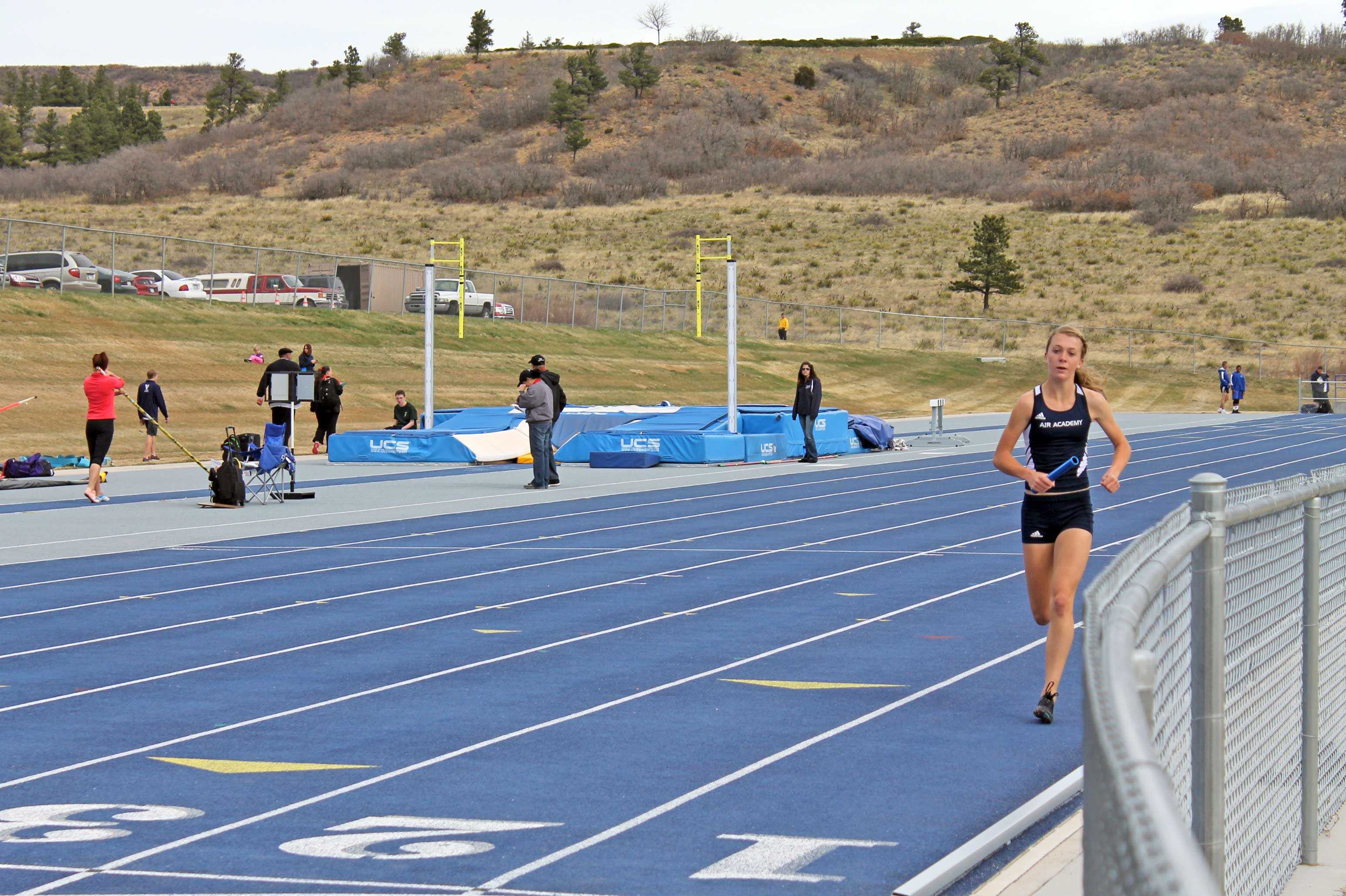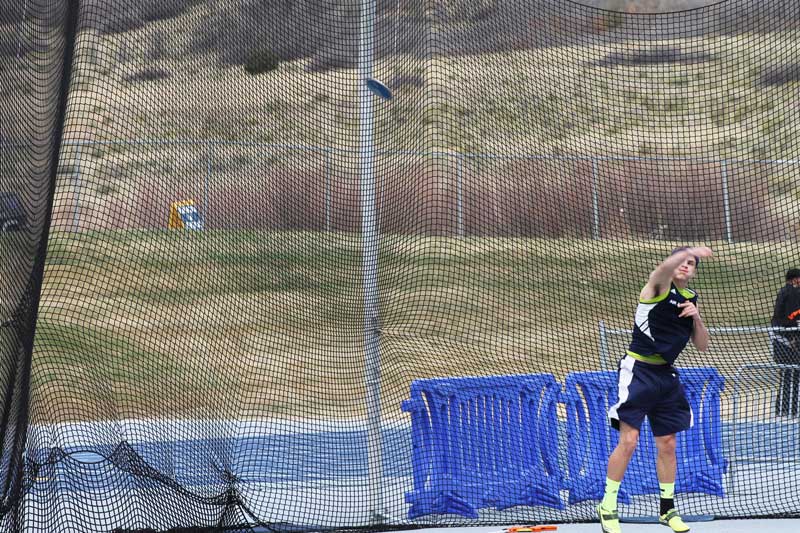Performance Perils
October 31, 2017
“We’re on in five,” echoes an ominous voice inside the dressing room backstage. Voices hush and murmur while hearts start racing. Pointed feet tip-toe onto the stage, and the silence is broken by the occasional, “Shhhhhh.” Eyes widen when thick red curtains creak apart, revealing a full audience filled with family members, friends, and strangers.
Stage fright is a phenomenon affecting even the most experienced of performers such as Adele or Jennifer Lawrence, who have admitted to being terrified of crowds, despite their natural outward appearance of confidence. If celebrities who have been in front of audiences for years still struggle with performance anxiety, how do our fellow Kadets conquer this obstacle and put on amazing presentations?
Choir fanatic, sophomore Miranda McCauley, and dedicated Forensics member, senior Maddie Hardage, give us an insider’s look into the world of performing and overcoming anxiety.
The hardest part of a performance is the moment right before you walk onstage- that is the time when you question your ability, whether or not you will excel, stutter, or even pass out.
As a performer in the competitive acapella ensemble, Out of the Blue, McCauley has to deal with performance pressures every time she steps on the stage. Not only does she have to rely on herself, but on the rest of her group members as well to stay on beat, on key, and to show a great amount of energy to keep the audience interested during their set.
“I definitely have gotten nervous before a performance in the past. I would be terrified that I would forget the words or fall when I walked onstage,” said McCauley.
This quote is not only true for singers, even academic competitions cause anxiety and distress. Hardage regularly competes in the Drama Interpretation and Program Oral Interpretation during Forensics tournaments, and though she is a captain and varsity member of the team, the thought of public speaking can still dampen her spirits.
“I’m a nervous person, so I do get a lot of nerves before performing. But I always try to channel those nerves into my performances,” she says. “I channel those nerves into my performances, and use them to my advantage.”
As Hardage points out, though anxiety can be detrimental to a performance, it can improve upon it as well. However, if nerves are something you’d rather eliminate before walking on stage, these entertainment-savvy Kadets have methods to do just that.
“Usually I like to just go somewhere by myself and just close my eyes and be quiet before a performance. I also usually do warm ups and sing through my songs to make sure that everything will sound good onstage. Then, once I get on stage, the nerves turn into energy, which helps me have a better performance,” says McCauley.
Hardage uses a quiet and calming technique as well, furthering the theory that any kind of “meditative technique” might be useful to curb apprehension.
“One of my calming techniques to calm my nerves is visualization. By finding a “safe place” in my mind, I can channel my nervousness into emotion I can use to be a better performer,” says Hardage.
Though we try as hard as we can to succeed and be confident in our public performances, embarrassing things are bound to happen to even the best of us. No performance can ever be perfect—mistakes are part of what makes a presentation great. McCauley and Hardage shared some of their most embarrassing mishaps, in hopes that others will realize it’s okay to mess up.
“I got into all-state choir in middle school and I had decided to wear really tall heels, but I didn’t realize that I would need to walk down a tall staircase to get on stage. So when I was walking on stage during the videotaped performance, I fell down the stairs and some girls helped me get up. And that was the last time I wore those heels for a performance,” McCauley admitted.
Hardage also shares a perfect example of how she learned “what not to do” during a performance:
“It was during my first competition. Usually, during a round, you shouldn’t have your phone with you, because if it goes off, it could mess up a performer. During one of my rounds, my phone would not stop buzzing on my desk. Turns out, my mom was at the grocery store and really needed to know what kind of cereal I wanted. I messed up, but tried to recover as best as I could,” she said.
Though these so called “mess ups” caused our Kadet performers a great deal of embarrassment at the time, they have learned from their mistakes and continued to perform and get better every time. They realize that it’s all a learning process, and letting an embarrassing moment bother them will not make them better.
Pro Performing Tip: Never wear heels onstage. It’s just not worth it.







Calvin Yocum • Nov 1, 2017 at 1:57 pm
Great story! I love the inside look into the mind of an anxious performer!